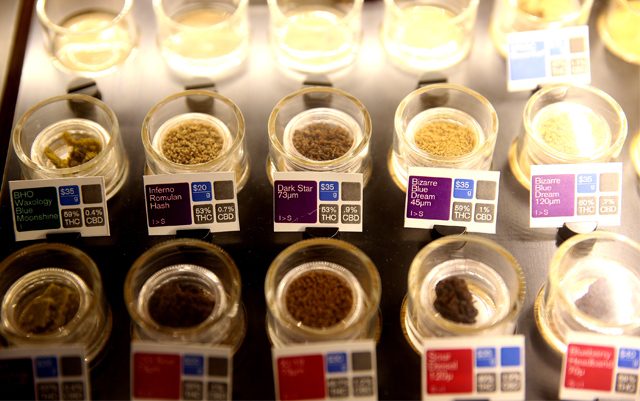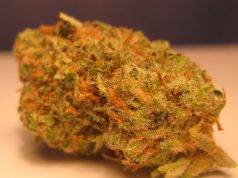It sometimes seems that lawmakers will never give up on their quest to trample all over the will of voters by doing what they can to keep cannabis sales as restricted as possible. In 2012, Washington became the second state to legalize cannabis for adult-use, paving the way for other states to follow their lead. Yet here we are, six years later, and legislators in Washington are attempting to pass a bill that would restrict cannabis products to 10 percent THC or less – when the average strain typically surpasses that amount.
The “logic” behind HB 2546 is to reduce high THC products like concentrates, citing a study that suggests a connection between cannabis and psychosis. While that study may end up being something that merits closer examination, it is certainly not a reason to immediately cut production of almost half the cannabis products sold in the state. After six years, Washington has a thriving legal market and a dwindling black market – but that would likely change if lawmakers imposed a 10 percent THC cap.
“There may well be rationale for eliminating some portion of the riskiest products on the market if there’s evidence to support that, but doing that with 40% off the products would make very little sense,” Beletsky said. “If 40% of the market is toward these products and then you ban them, you’d definitely be creating a push towards the black market.”
Considering the problems that have arisen from black market products in the last year – including deaths related to black market vape cartridges – now is not the time to push people back toward illegal dealers. The legislation’s chosen 10 percent cut-off seems based on a single study where the researchers used 10 percent as their marker for “high-potency” cannabis, but anyone who knows the plant can tell you that’s not a very strong strain. Not only would the bill eliminate a number of strains from being available in the state, it would almost entirely remove concentrates from availability.
“We’re trying to preserve the chemistry that’s in the flower and just make a concentration of it,” Luebke said. “To cater to the [new 10% THC] legal demand, we would have to be making an inferior product, essentially, and going away from the method we’ve developed, that our customers love.”
Since 2012, there has been a handful of other states that have also legalized recreational cannabis, and one would think that would be enough to show lawmakers they are doing the right thing. Why push people back toward an illegal market and away from contributing to state revenue and job security for thousands? Only time will tell if lawmakers in Washington realize this bill is far more harmful than helpful.






